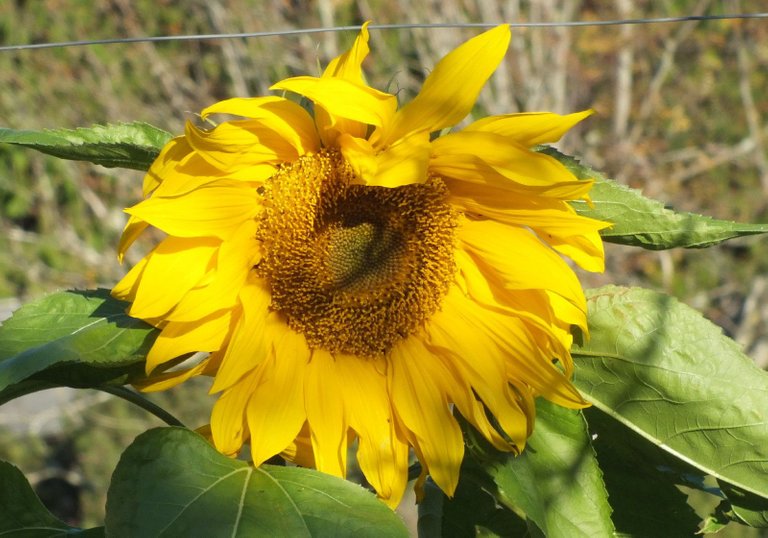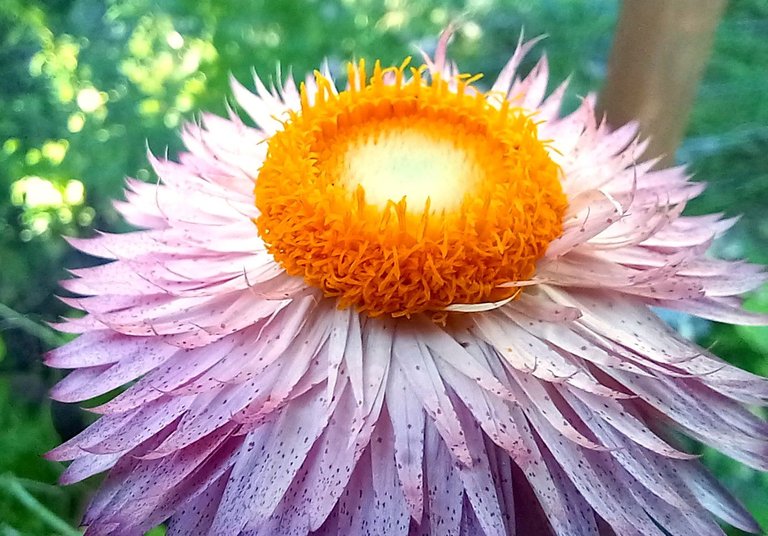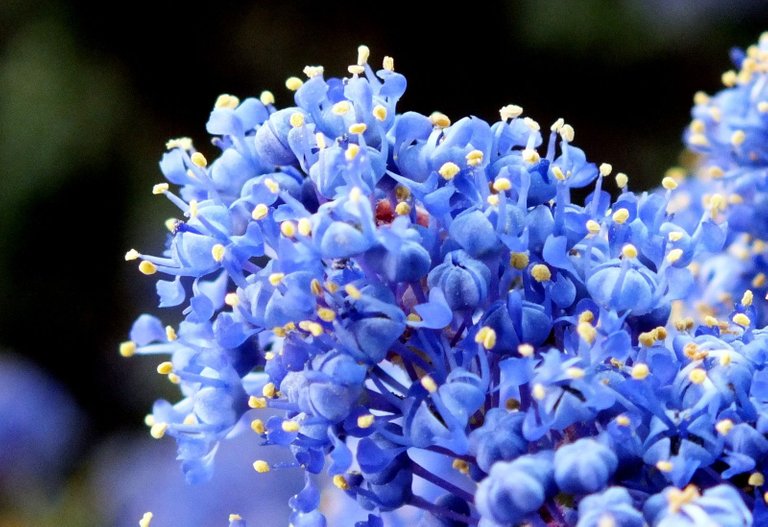Practicing Gratitude: Will There ALWAYS be Something "Wrong?"
I have always long thought it is very important to practice gratitude.
In a sense, gratitude seems like an extension of mindfulness. That is, in order to truly express your gratitude you have to be mindful of your surroundings and aware of what you have that is good and right.

Quite often, we can find plenty of things that are "good and right" in the moment of our lives and thus feel gratitude for them but then we sit there and reflect for a bit and arrive at the almost inevitable "yes, but..."
Consider... Mrs. Denmarkguy and I live a really good life! We have pretty much crafted a life that fits our desires in terms of lifestyle, and it allows us to live in a quiet, private and largely very low stress atmosphere. This is a good thing and I'm very grateful for it because neither of us work very well function at all under stress... and we have both been in situations where the stress of corporate life made us not only severely physically ill, but also somewhat mentally unbalanced, to put it plainly.
As ideal and idyllic is that may sound, it is still far from perfect. Then again, perfection may not be a realistic expectation.
And so, I arrive at the leading question posed in the title of this post: will there always be something "wrong?" And will there invariably be a "yes but," no matter what we engage in nor how dedicatedly we pursue what we believe is the right thing for us?
The proverbial "fly in the ointment."
In our particular case, the "yes but" has almost always been pervasive financial instability. We both work very hard, but we tend to excel at things that have relatively limited commercial value. As a consequence, we have created this thing that has the appearance of a great life but every day we worry about being able to pay the bills, because our excellence is largely out of step with what broader culture values.
But that's not really what this post is about. It's just an example.

What I'm looking at here, is the almost invariable human tendency to look at something that is great and instead of celebrating that without conditions we instead try to find fault with it.
Scroll up, for a moment, to the top photo of the sunflower in our garden. What's "wrong" with it is that there's a fence wire in the frame.
I remember a college body of mine who had saved up to buy a new car. He did extensive research and went on lots of test drives, and he finally made a decision on what seemed like the perfect car for him. And, indeed, it was pretty much the perfect car for him. But instead of truly enjoying how awesome the car was he was instead bothered by a certain rattle coming from the front end of the car whenever he would drive on rough roads with potholes. So even though Henry had the perfect car, his experience was ruined by his obsession with that rattle which only happened on bumpy roads. Which, in turn was only about 5% of his total driving.

I'm sure we could get into a long philosophical discussion about pessimism versus optimism, and about keeping a positive attitude about things... but from observing human life during my six decades on this planet it seems that we all do this — whether we are consciously aware of it, or not — we find fault and discover that there is always something wrong with whatever it is we're doing... or having.
Is there truly a way around this?
I've found that the mindfulness and gratitude practice does go a long way. I'm not suggesting we should ignore things that bother us... just that we stay aware of not making them centerstage in a largely positive situation.

Why are you really looking for something to be wrong? Could it be because you don't feel worthy of happiness? Is there something else there? A need to feel like you never get what you truly want? Who would you be if you did actually get what you want... and had nothing to complain about?
Not expecting an answer here... the questions are merely an invitation to go away and contemplate.
Thanks for reading, and have a great remainder of your day!
Comments, feedback and other interaction is invited and welcomed! Because — after all — SOCIAL content is about interacting, right? Leave a comment — share your experiences — be part of the conversation! I do my best to answer comments, even if it sometimes takes a few days!

Greetings bloggers and social content creators! This article was created via PeakD, a blogging application that's part of the Hive Social Content Experience. If you're a blogger, writer, poet, artist, vlogger, musician or other creative content wizard, come join us! Hive is a little "different" because it's not run by a "company;" it operates via the consensus of its users and your content can't be banned, censored, taken down or demonetized. And that COUNTS for something, in these uncertain times! So if you're ready for the next generation of social content where YOU retain ownership and control, come by and learn about Hive and make an account!


(As usual, all text and images by the author, unless otherwise credited. This is original content, created expressly and uniquely for this platform — NOT posted anywhere else!)
Created at 2023-06-15 14:47 PST
0860/2115

You're absolutely right: each of our successes is never fully satisfactory, something is always missing from perfection.
In some cases, it depends very much on the person's character, and in all the remaining cases, it depends on how we were brought up. Unfortunately, we are constantly "manipulated" to have a pessimistic view of everything we do and happen to us.
With this kind of view, it is absolutely impossible to be grateful.
And this is a very serious problem for our society.
Thank you for sharing this. It’s important we appreciate where we are now and what we have. We tend to always want more, and in the process never really enjoy what we have.